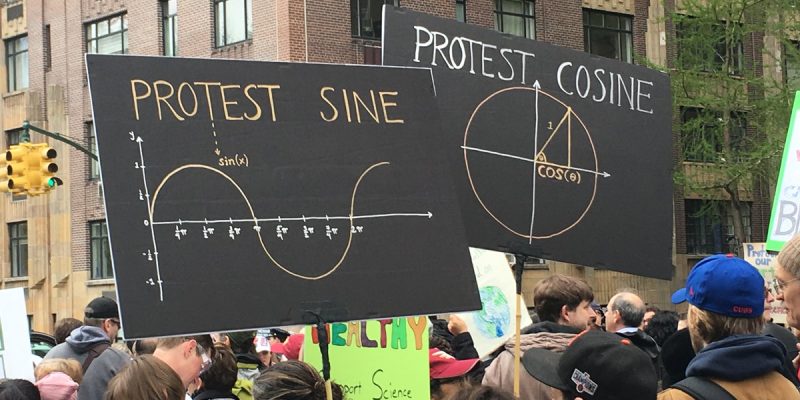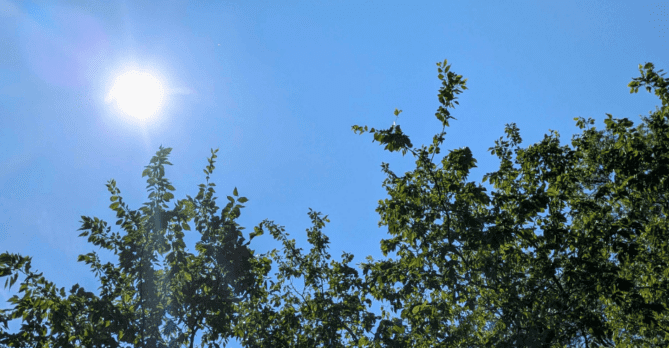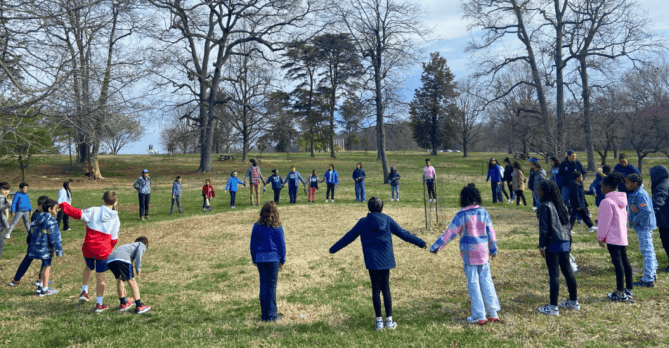
Tens of thousands of people gathered in hundreds of rallies around the world on Earth Day in what was described as a celebration of science and support for evidence-based policies. The March for Science was not about scientists or politicians—it is about the very real role that science plays in all of our lives and the essential role it must play in shaping decisions and policies that affect us all. Feeling inspired by the march and want to continue the work that was highlighted this past weekend? Here are some actions you can take:
- Educate Yourself
Arm yourself with knowledge and information about the causes you care about or want to support. Participate in a webinar about supporting science in your community, read up on resources about trees from the U.S. Forest Service, attend a talk about an environmental issue, or take your professional development to the next level through classes or certifications. Arielle Conti, a recently certified ISA arborist, noted “As soon as I started at Casey Trees I’ve wanted my ISA certification. After a lot of work – including a three day intensive course – I’m proud that I passed. It feels empowering to know my practical knowledge is now credentialed in my field.” Remember, knowledge is power.
- Get Involved as a Citizen Scientist
Taking tangible actions to help local scientific organizations is an easy and satisfying way to contribute. Citizen scientists are critical parts of collecting data! Helping us inventory trees is a great way to spend a morning outside while contributing to our wealth of tree knowledge. We have plenty of inventories all spring and summer – even one on Arbor Day! National Geographic has projects you can do on your own, as does DOEE. The Anacostia Watershed Society has events on Earth Day and Kenilworth Aquatic Gardens has a range of volunteer activities, including lily pond restoration! Participating directly is a great way to give back to your community and contribute to the importance and integrity of science and scientific data.
- Support Local Organizations
Public support is vital to the programs and projects that make our city a better place to live, work and visit. Many scientific organizations rely heavily on grants and outside funding, so your donation is a way to make a lasting difference. We have a number of ways to contribute – Evergreen Membership, individual donations, and workplace giving.
- Tell Your Representatives Why Science Matters
While Congress is back in session until May 29, regardless of whether or not you’re planning to attend a march, take a few steps to show your support for strong science in your community and around the world! Schedule a meeting with your member of congress or D.C. Councilmember to talk about science, and make sure your voice is heard. Not sure what to say? Start by developing your “ask”, an essential component of any meeting with your legislators. There are plenty of resources online that outline arguments for the importance of urban forestry. Become a Certified Tree Advocate to stand up for trees! Our Tree Advocates Program is designed to develop a network of trained volunteers ready to stand up for trees in their neighborhood and across the city. Offering expertise, resources and support, we help you effectively connect with city leaders and other residents to push for change in their communities. Lastly – tweet at your representative or Councilmember about why they should champion science and urban forestry. Tweeting is a great way to share your science message to broad audiences, specifically legislators who pay special attention to tweets from their constituents! Calling people out on social media typically gets a lot of attention.
No matter what you choose to do, just get involved and stay involved!

